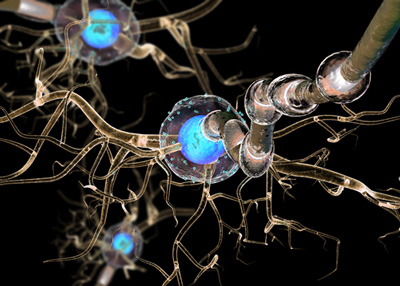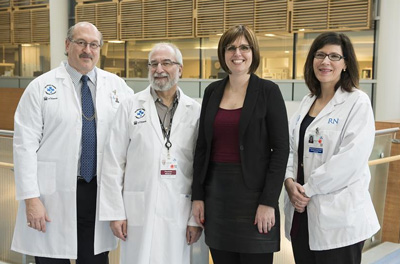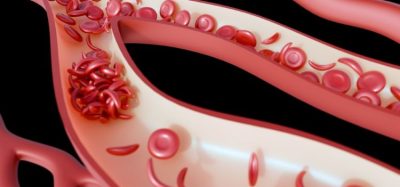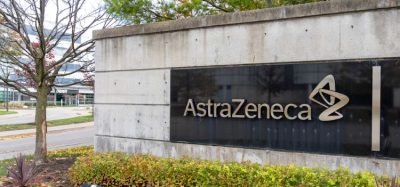Replacing diseased immune system halts MS progression
Posted: 10 June 2016 | | No comments yet
A study shows that completely wiping out the immune system and then regenerating a new one can eliminate all signs of damaging brain inflammation in MS…


A clinical trial shows that an intensive procedure that completely wipes out the immune system and then regenerates a new one using blood stem cells can eliminate all signs of damaging brain inflammation in people with multiple sclerosis (MS), and facilitate lasting recovery.
Led by Dr Harold Atkins and Dr Mark S. Freedman of The Ottawa Hospital and the University of Ottawa, the trial included 24 participants who were followed for up to 13 years.
“Our trial is the first to show the complete, long-term suppression of all inflammatory activity in people with MS,” said Dr Atkins. “This is very exciting. However, it is important to note that this therapy can have serious side effects and risks, and would only be appropriate for a small proportion of people with very active MS. People with MS who have had significant disability for a long time would likely not benefit.”
“This procedure should be considered as a treatment option for people with early, aggressive MS,” said Dr Freedman. “Although this trial was relatively small, it was intensive, with the longest prospective follow-up of any such treatment group to date, and that is what makes the results so convincing. However, this is a very complex procedure that should only be performed at very specialised centres with expertise in both the management of MS patients and blood stem cell transplantation.”
The trial evaluated a treatment called immunoablation and autologous hematopoietic stem cell transplantation (IAHSCT). The procedure begins by giving a person medication to coax their hematopoietic stem cells to migrate from their bone marrow into their blood. These stem cells are then collected from the blood, purified and frozen. Then, high doses of chemotherapy drugs are used to eliminate the person’s diseased immune system. The stem cells are then transplanted back into the same person, so that they can give rise to a new immune system that has no “memory” of the previous pattern of attacking the central nervous system.
The trial included 24 participants with aggressive, relapsing MS. They were followed for anywhere between four and 13 years after treatment (with a median post-treatment follow up of 6.7 years).
No record of clinical relapse or new active inflammatory lesions
After the treatment not a single participant experienced a clinical relapse, whereas before treatment, the participants experienced an average of 1.2 relapses per year. Not a single new active inflammatory lesion could be detected in the brains of any of the participants (zero lesions on 327 MRI scans) whereas before the treatment, participants had 188 lesions on 48 scans. Not a single participant required MS-specific drugs to control their disease. 70 percent of participants experienced a complete stop in disease progression and 40 percent of participants experienced some lasting reversal of symptoms such as vision loss, muscle weakness and balance problems.


From left, Dr Mark S. Freedman; Dr Harold Atkins; clinical trial participant Jennifer Molson, and trial coordinator and advanced practice nurse at The Ottawa Hospital, Marjorie Bowman.
“A variation of this procedure has been used to treat leukaemia for decades, but its use for auto-immune diseases is relatively new,” said Dr Atkins. “It is only used in very severe cases because participants face a significant risk of infection and other side-effects, including death. The risks are similar to those faced by leukaemia patients undergoing this kind of treatment.”
Indeed, one participant in this study died of liver failure due to the treatment and another required intensive care for liver complications. The treatment regimen was modified over the course of the study to reduce toxicity, but all participants still developed fevers, which were frequently associated with infections.









